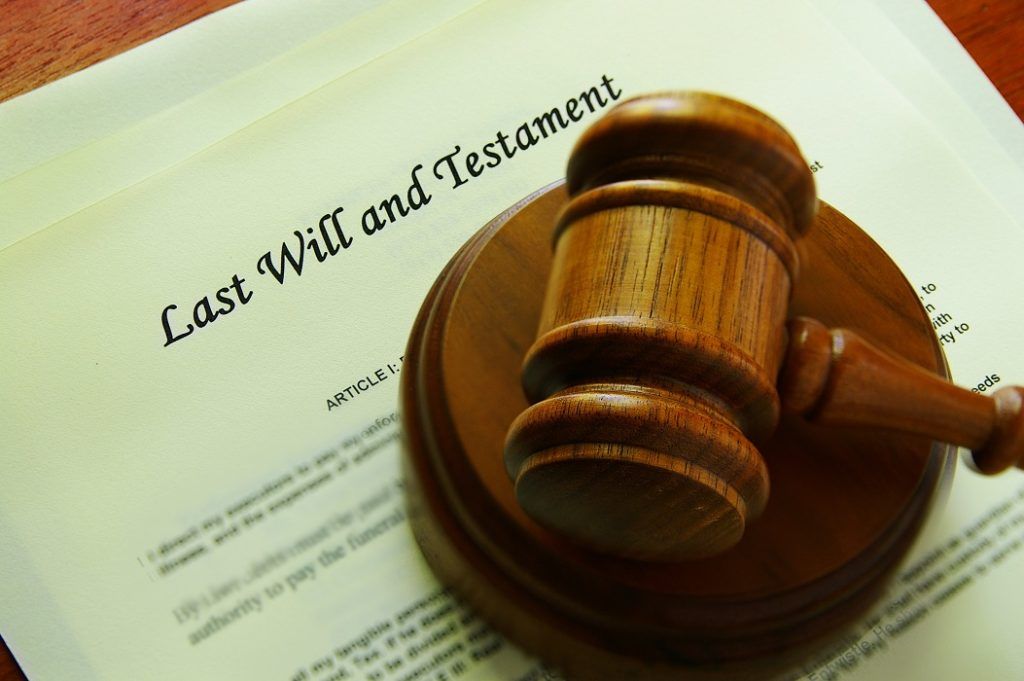Have you ever asked yourself “Where can I find a heirship attorney near me?” Have you ever thought about how you should distribute your possessions after you die? If you answered YES, to both of these questions, this article is for you.
Among the many duties and responsibilities that the death of a person entails, is the one related to the distribution of the assets that the deceased acquired in life and the liquidation of his obligations.
What Is An Inheritance?
When a person dies, all his assets, as well as his rights and obligations that are not extinguished by death, are transferred to his heirs and legatees. This figure is known as inheritance. The way in which they are distributed is defined by the letter of the law or by the will of the deceased. The first is known as legitimate succession and the second as testamentary. Both can be processed before a judge or before a notary.
What Is A Will?
A will is a document in which a capable person disposes of his assets and rights and declares or fulfills obligations after his death. The document should be made under the supervision of a probate expert.
Regardless of the type of succession in question, in order to distribute the deceased’s assets, a procedure consisting of four stages must be followed:
1. Declaration of heirs: The persons who have the right to inherit are designated and an executor is chosen.
2. Inventory and appraisal: The assets object of the distribution are indicated and an appraisal of them is displayed.
3. Approval of accounts: The executor submits a report with the administration data of the estate of the succession to submit it to the approval of the heirs.
4. Partition: The executor submits for the consideration of the heirs a project for the distribution of the deceased’s assets, and, where appropriate, they are awarded.
What Is An Executor And How Is It Appointed?
In order to be able to represent the heirs in front of third parties, as well as to fulfill certain specific mandates that the law establishes, one or more persons are designated who are called executors; Among its main functions are to present the will before a judge or notary; the assurance of inheritance assets; inventory formation; the administration of assets; Pay accounts; the payment of the corresponding debts; the partition of property; the defense of the inheritance, and the validity of the will.
The executor can be appointed by the testator in his will and if he does not do so, the designated person refuses to perform the position, or it is a legitimate succession, also known as intestamentary, the heirs have the power to choose one by vote.
Making a will will avoid many problems for the heirs, as well as unnecessary expenses and lawsuits. It is the last will of a person and must be registered before a notary so that it is valid and, in this way, the provisions of the testator are respected. He knows the types of wills, how to contest one, and what to do in the event of an inheritance when there is no such document.
Need the services of a probate expert? You can contact this Houston probate attorney.

